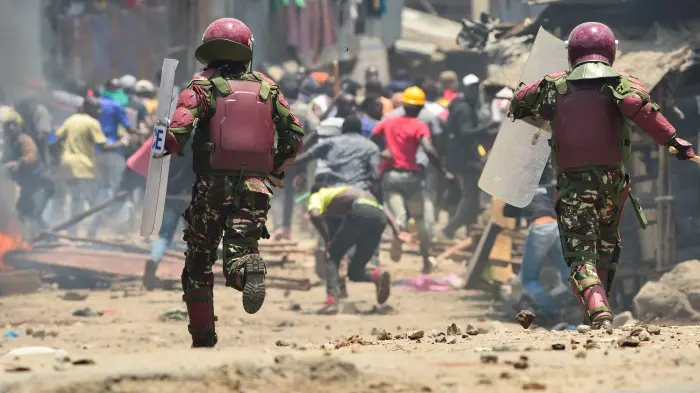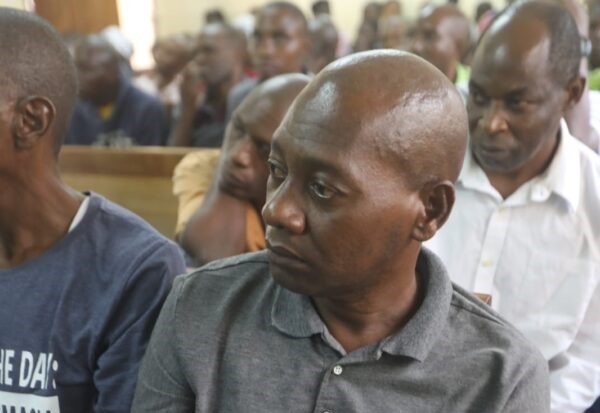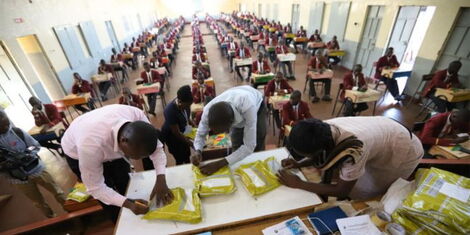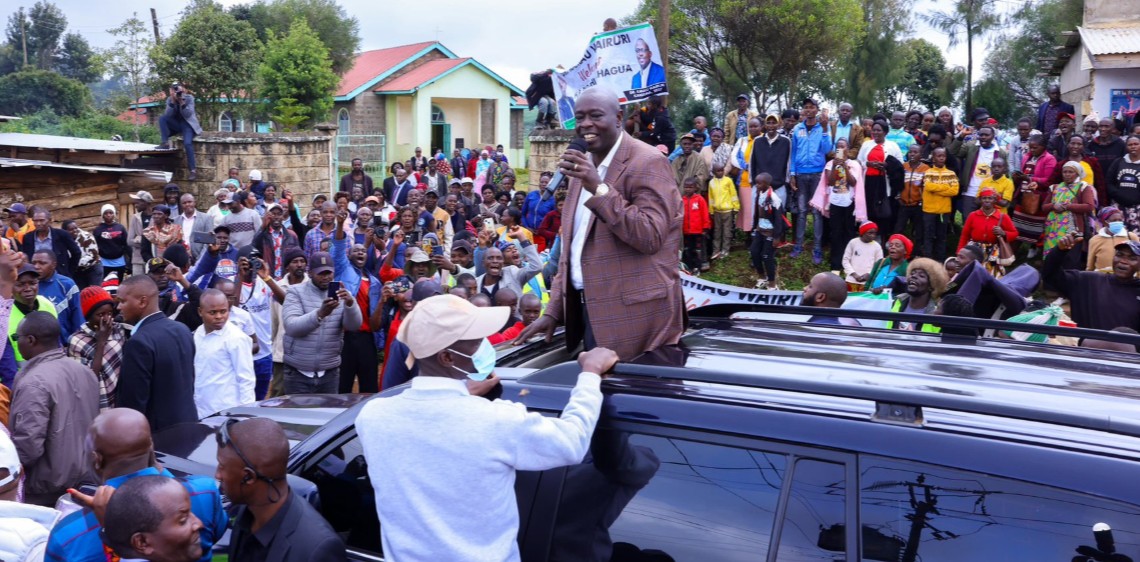
A startling new report from Kenya’s Independent Policing Oversight Authority (IPOA) has unveiled a humanitarian crisis within the ranks of the National Police Service. Officers tasked with maintaining order at nationwide protests on June 25 and July 7—a commemoration of last year’s deadly antigovernment protests and the historic Saba Saba march—were forced to operate without food, water, or allowances.
IPOA monitors on the ground observed that entire units went hungry during prolonged demonstrations, with no provision of basic sustenance— a situation that threatens not only police morale but also public safety, the authority warns.
The absence of welfare provisions underscores a deeper logistical failure. Deployed officers, expected to secure strategic infrastructure and manage large crowds, were left underprepared and neglected. Drinking water was scarce or non-existent, and allowances meant to incentivize performance were simply not paid.
In response, IPOA has issued urgent recommendations to Inspector General Douglas Kanja: establish a dedicated budget to ensure every officer on protest duty receives meals, water, and prompt allowances; properly mark all vehicles and officers for accountability; roll out body-worn cameras during protests to document operations; and initiate pre-emptive engagement with protest organizers to prevent clashes and misunderstandings.

The oversight body also buttressed its demands with broader security reforms: ensuring immediate medical care for injured protesters, safeguarding hospitals during unrest, improving police-to-citizen ratios, and strengthening IPOA’s capacity through increased budgetary support and manpower.
This disclosure comes just days after IPOA reported that the same protest seasons claimed 65 lives and left hundreds injured—many at the hands of a heavily militarized state response. Now, the revelation that officers were also shortchanged shines light on a systemic breakdown that risks jeopardizing both law enforcement integrity and public confidence.
As Kenya moves toward what is shaping up to be a tense electoral period, IPOA’s unflinching report challenges the National Police Service to act decisively. The cost of inaction could mean undernourished officers making critical decisions under stress—putting both enforcers and civilians at greater risk.







